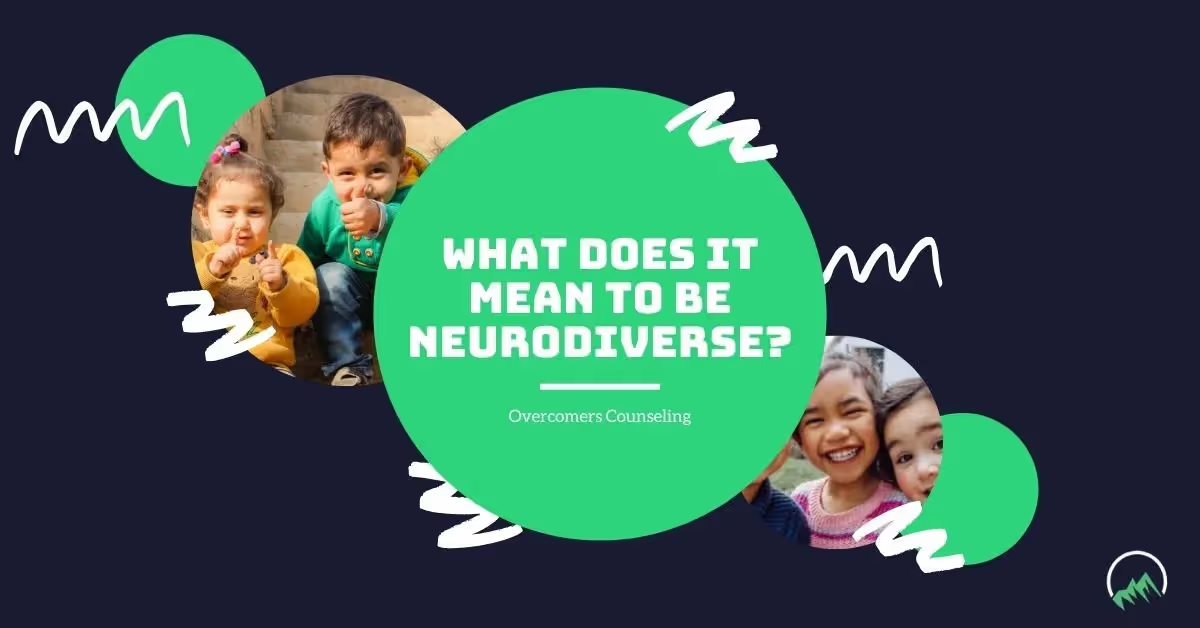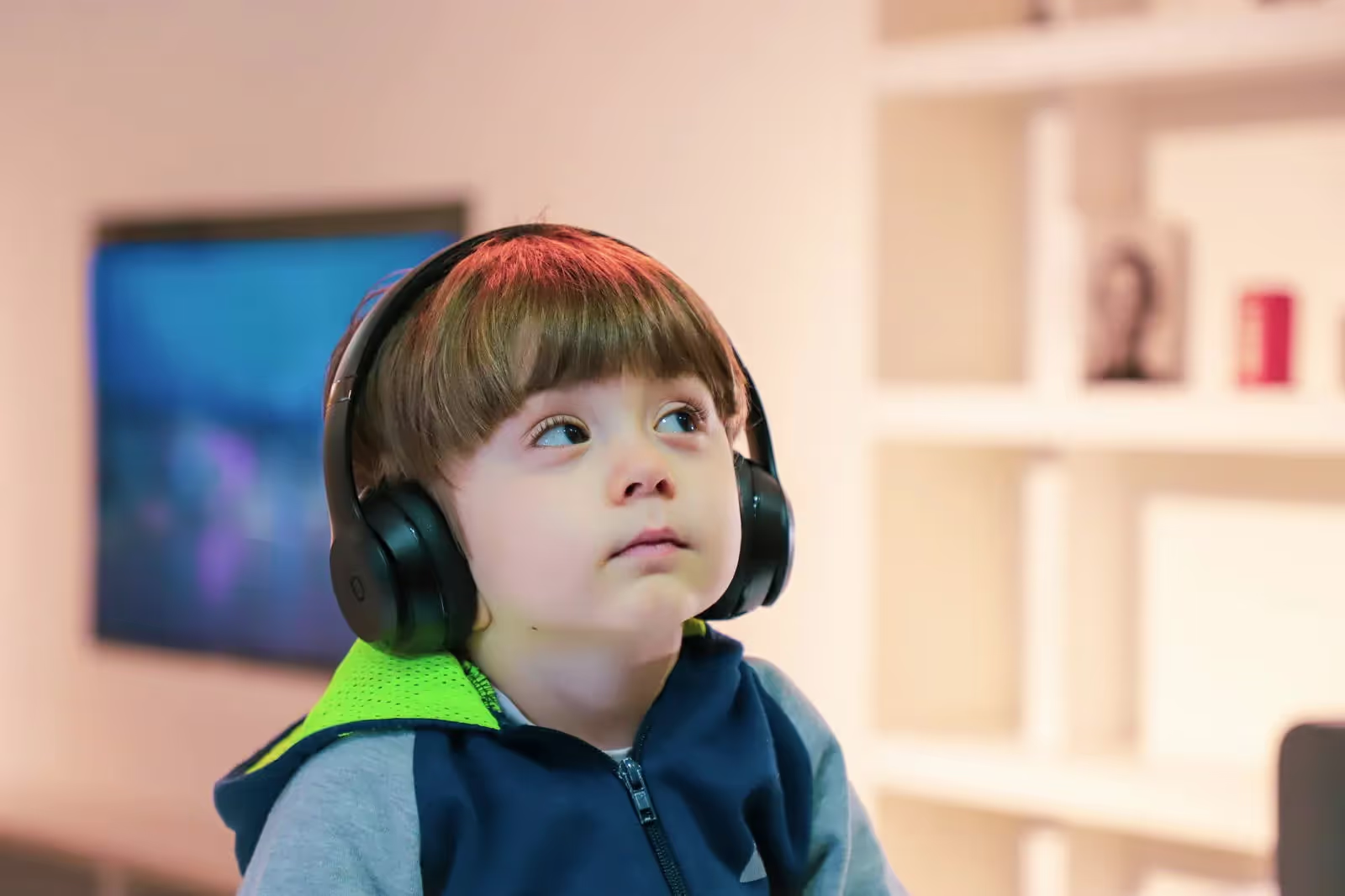We have heard the term neurodiverse being used in association with the diagnosis of Autism Spectrum Disorder as well as other neurodevelopmental diagnoses,...

We have heard the term neurodiverse being used in association with the diagnosis of Autism Spectrum Disorder as well as other neurodevelopmental diagnoses, but what do they truly mean and more importantly, what do they mean to those with these diagnostic labels as well as the people in their life who care for them?The term neurodiverse was first coined in the 1990s by Judy Singer, a Sociologist diagnosed with Autism Spectrum Disorder.Her proposed theory was that people with Autism Spectrum Disorder were not, in fact, 'disabled' but instead saw and interacted differently with the world. Neurodiverse has been used to advocate for people who have ASD who do not wish to be seen as disabled, but rather 'differently-abled,' who can lead happy, fulfilling lives just like neurotypical folks may, but with adjustments as needed on an individual basis.
For neurotypical folks, communication can be a struggle but not in the same way as neurodiverse folks.Metaphorically speaking, neurotypical folks have these wheels, already installed in their brains that help them decipher various modes of communication.These can include: detecting sarcasm, tone of voice, assessing body language as it correlates with speech as well as types of the verbiage used.These wheels turn effectively and implicitly for neurotypical folks without them having to considerFor neurodiverse folks, when it comes to communication, they must take the wheels apart, examine each component, and try to connect the parts as they relate to the type of communication that has occurred.Then, they hope they understood to the best of their abilities and produce a response congruent with the communication that has occurred.This can be particularly challenging if they misunderstand the verbiage, if the sarcasm was used, or if they don't understand the body language.
Those same wheels that either run efficiently without dissection for neurotypical folk or need thorough examination and re-processing by neurodiverse folk are utilized in social interactions as well as communication.A prime example of this is navigating friendships and romantic relationships as adolescents or adults with ASD. For us neurotypical folks, dating may seem like a challenge, but it really isn't compared to what ASD folks have to consider when navigating this same process.Understanding body language, social cues, and appropriate actions can be extremely stressful, overwhelming, and discouraging, especially if they are interacting with someone who does not understand ASD.In conjunction, the environment may be overwhelming as well (too loud, too bright of lights, etc.)

When interacting with someone who has ASD, try to be mindful of questions that may seem to you like no-brainers, but are very real to the neurodiverse person you are talking to or interacting with.They may not know if you used sarcasm if you meant something literally or figuratively, etc.If they let you know they have ASD, try not to take curt responses or a flat affect personally as these are common traits in those with ASD.Also, try to be as explanatory as they would like in order to be a supportive presence to them in a world that was not built for them, as a lot of neurodiverse folks would say.
What is important to be mindful of as well is those who use the term Autistic for themselves may be comfortable with embracing themselves as disabled.Others may deviate from that label and prefer to be considered as differently-abled and neurodiverse, specifically that their Autism does not mean they are unable to do, but more just do 'differently.'

Ultimately, it is already challenging for Autistic folks to navigate the world we live in as it was not built for them, but rather for neurotypical folks.
However, they identify and interact, it is important to take the time to get to know them and not ostracize them as an 'other' but rather include them as 'another.'
No, we provide counseling (talk therapy) and medication management for individuals with Autism or those who may have Autism. However, if you require a formal evaluation involving comprehensive testing, we recommend consulting a Psychologist.